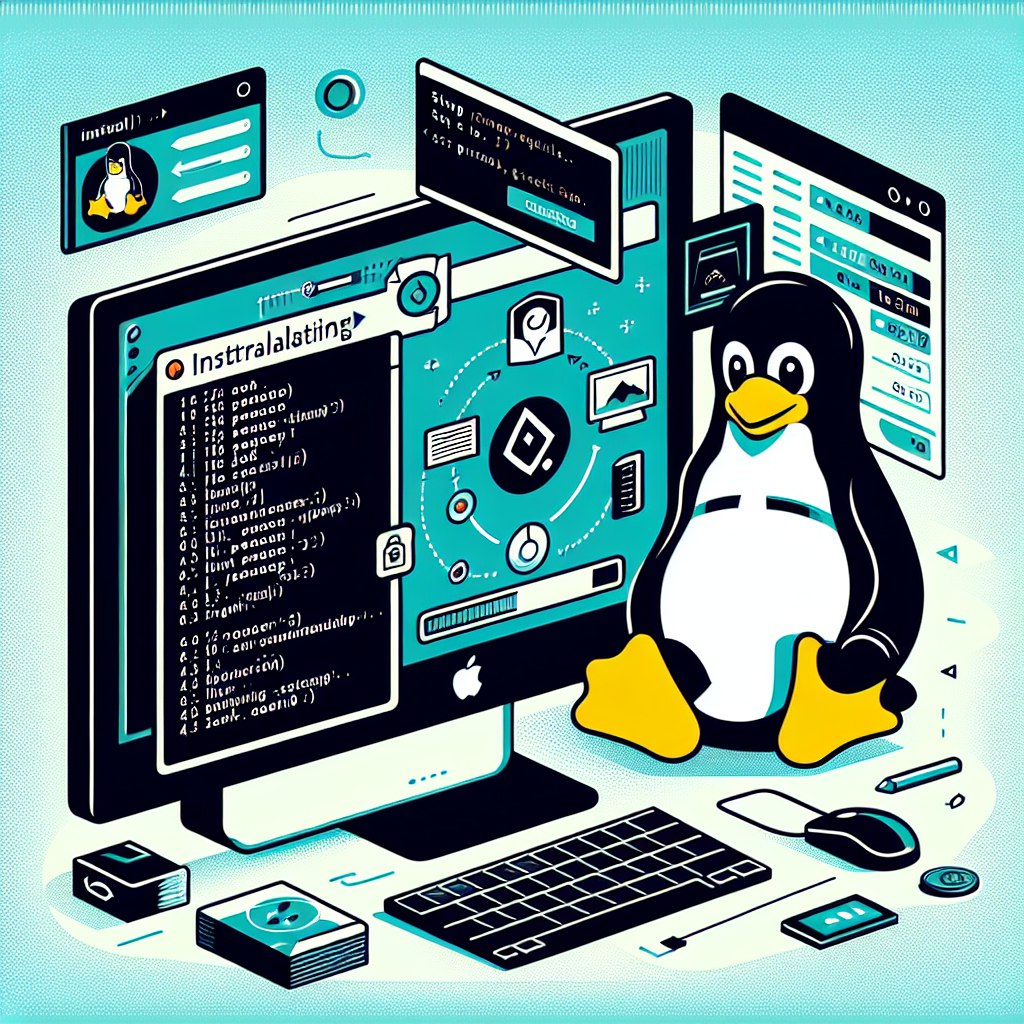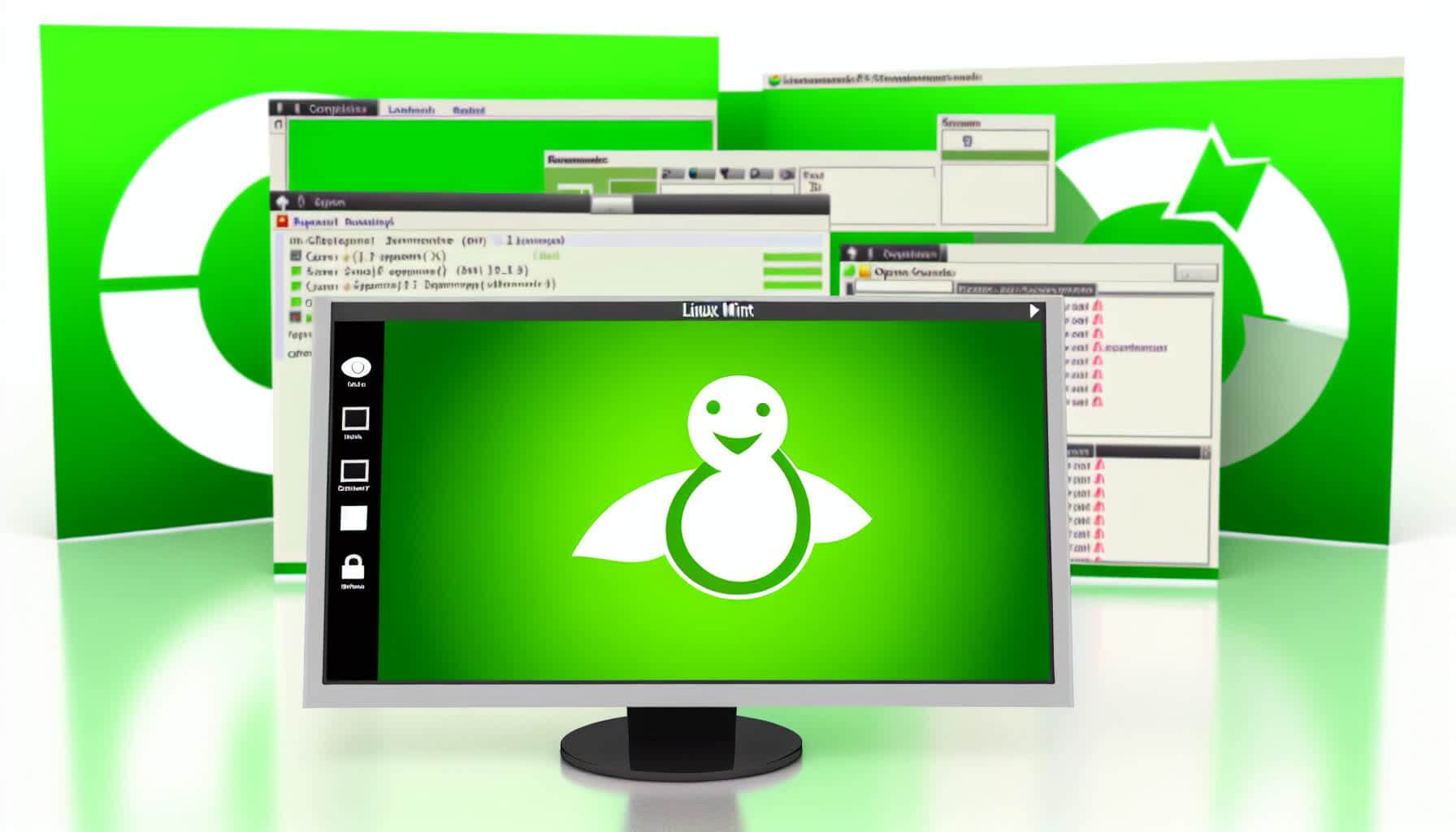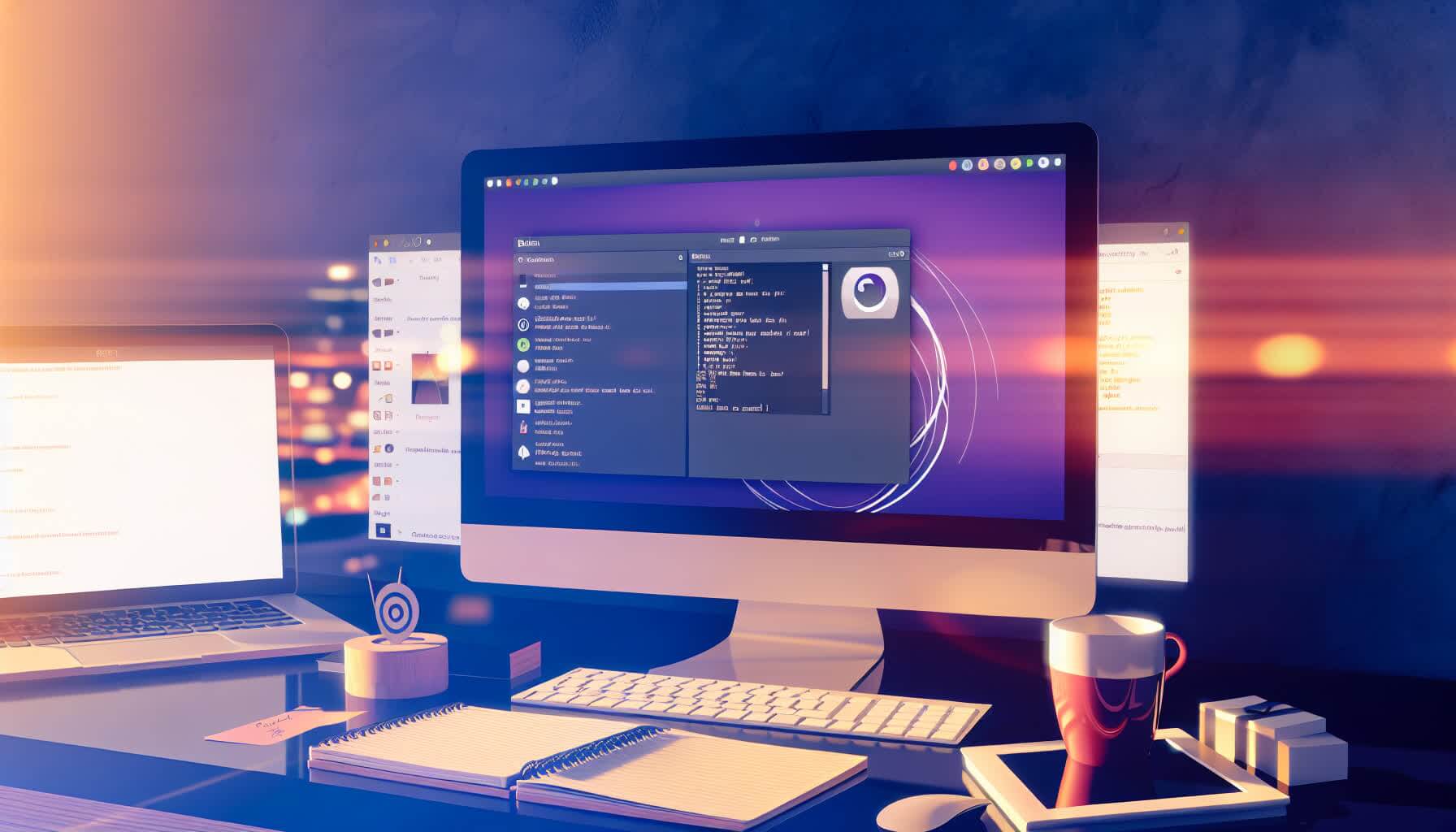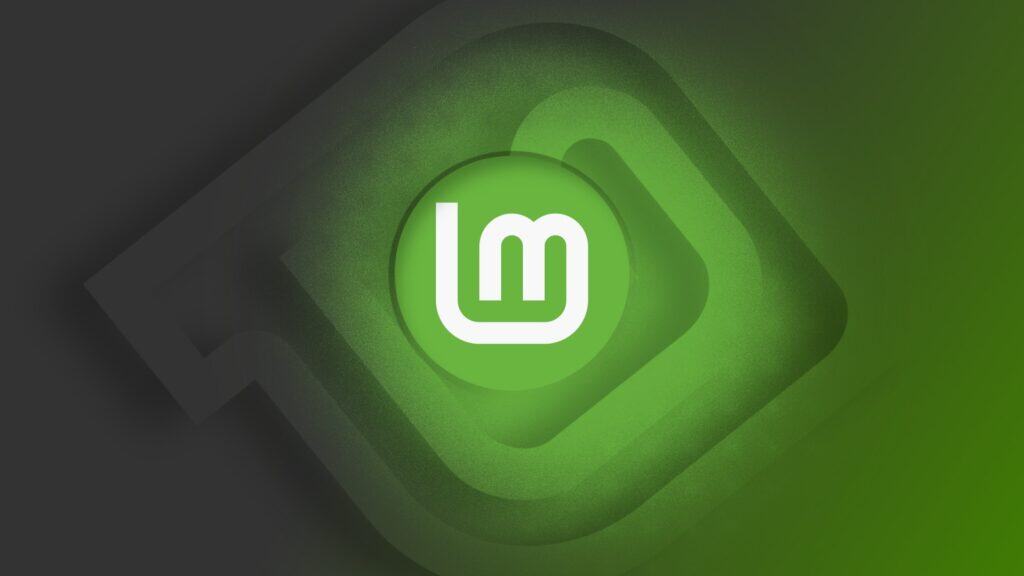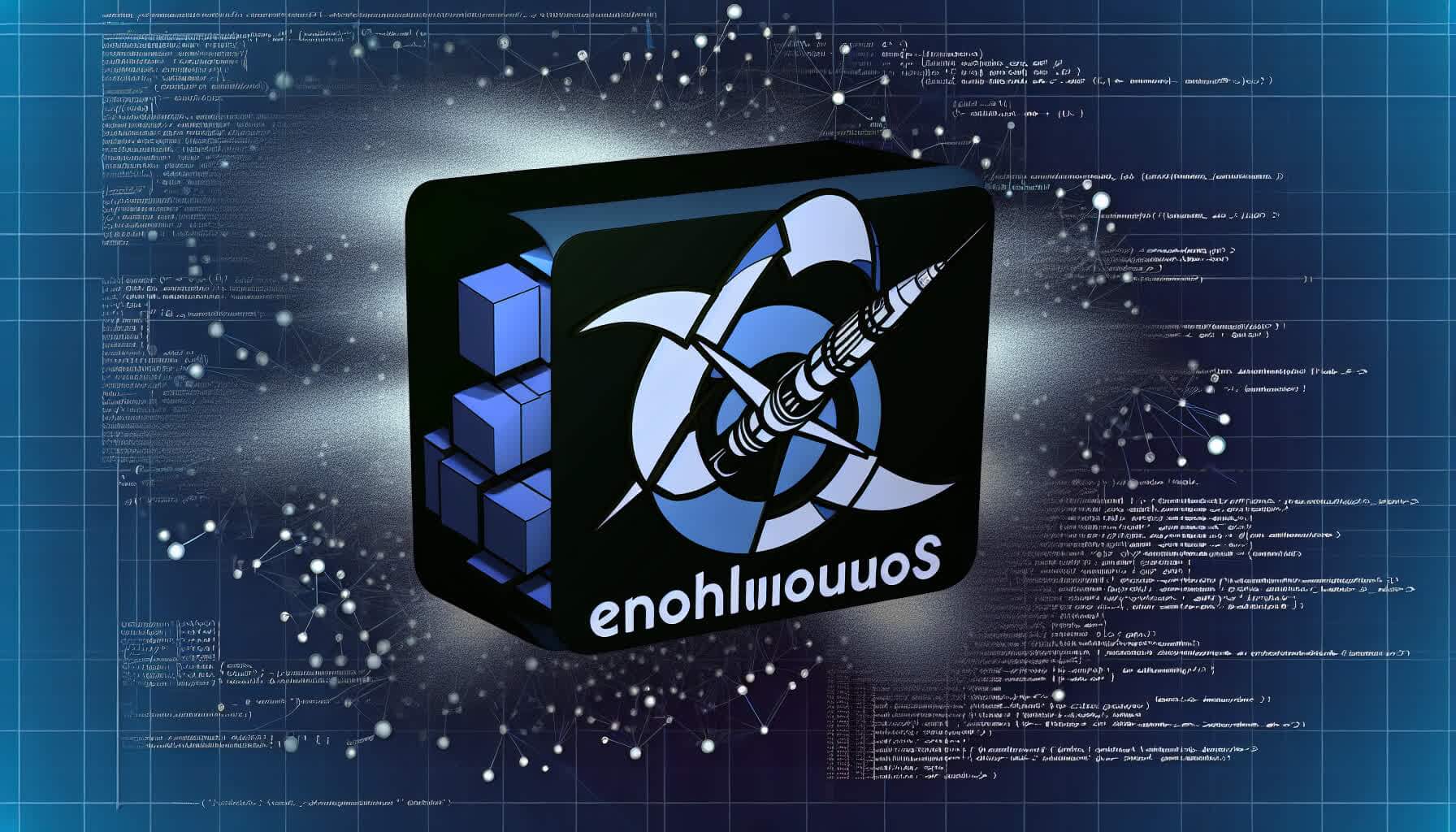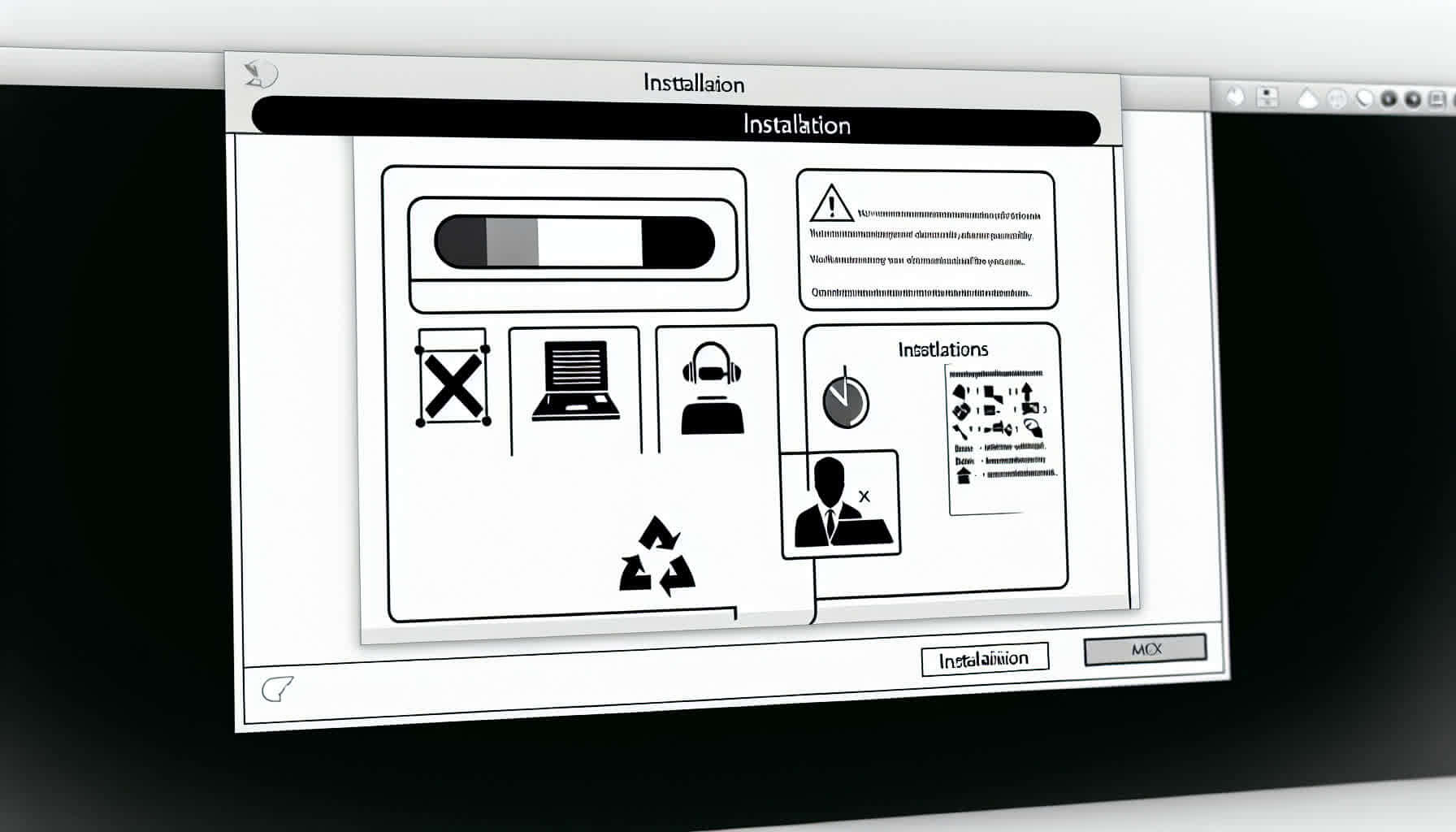Як завантажити Linux: покрокова інструкція
Якщо ви хочете спробувати або повністю перейти на Linux, ось детальний посібник, як це зробити.
1. Вибір дистрибутиву Linux
Linux — це сімейство операційних систем, яке включає безліч дистрибутивів (дистро). Найпопулярніші з них:
- Ubuntu — ідеальний для початківців користувачів.
- Fedora — орієнтований на новітні технології та програми з відкритим кодом.
- Debian — стабільний дистрибутив, часто використовуваний на серверах.
- Arch Linux — для досвідчених користувачів, дає повний контроль над системою.
- Linux Mint — схожий на Ubuntu, але з простішим інтерфейсом.
2. Завантаження ISO-образу
Перейдіть на офіційний сайт вибраного дистрибутиву та завантажте ISO-образ — файл, який є точною копією установочного диска. Наприклад:
3. Створення завантажувального носія
Після завантаження ISO-образу, необхідно створити завантажувальний носій:
- Rufus — для Windows.
- dd — для Linux.
- Etcher — кросплатформне рішення.
Використовуйте одну з цих програм для запису ISO-образу на USB-флешку або DVD-диск.
4. Завантаження з установчого носія
Перезавантажте комп’ютер і виберіть завантаження з USB-накопичувача або DVD-диска. Ви можете налаштувати завантаження через BIOS або UEFI.
5. Інсталяція Linux
Дотримуйтесь інструкцій на екрані для установки. Виберіть мову, тип установки (можна встановити поруч з Windows або повністю замінити систему) і продовжуйте налаштування.
6. Завершення налаштування
Після установки, система запропонує вам налаштувати комп’ютер: вказати ім’я користувача, пароль, параметри для оновлень.
Після завершення установки ви зможете насолоджуватися системою Linux!
